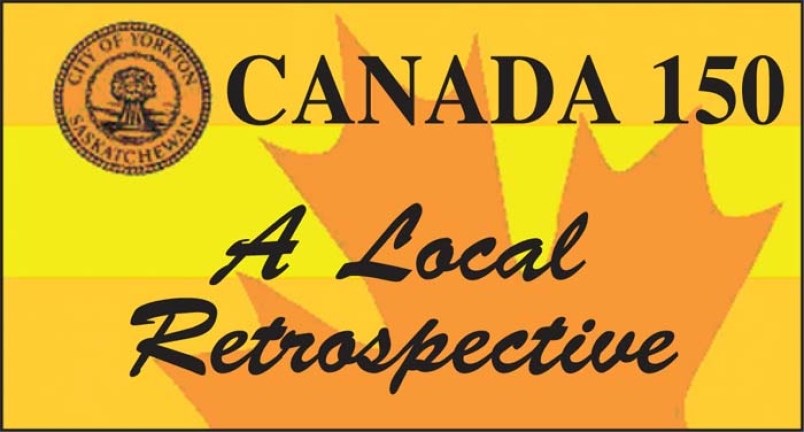This week, 100 years ago, Halifax blew up.
The largest non-nuclear, man-made explosion in history, the Halifax Explosion happened after the French munitions ship the Mont-Blanc was struck by the Norwegian vessel the Imo, which was carrying relief supplies for Belgium. The collision began a fire on the Mont-Blanc, which burned for 20 minutes before the munitions caught and the ship exploded. The explosion sent out a shock wave in all directions, and was followed by a tsunami caused by the blast.
Nearly two-thousand people died in the blast, while approximately 9,000 were wounded and 25,000 were made homeless.
Yorkton, and the rest of Canada, was inspired to support the people of Halifax following the disaster. The city quickly set up a Halifax relief fund, and a donation of $500 was immediately wired to Halifax as the first contribution to the relief efforts from Yorkton.
The Enterprise wrote:
“The public throughout the Dominion are giving generously to the urgent appeal made by the sufferings of many thousands who are left homeless and in need of food; great numbers of them being injured by the explosion which dealt death broadcast. Never has there been a disaster which has plunged so many people so suddenly in such terrible distress, calling so urgently for immediate relief. Never has there been an occasion of its being truer than it is now that “He gives twice who gives quickly””
Meanwhile, in Yorkton, a war was brewing, but it was fought with words rather than munitions and it was between the two newspapers published at the time. It was the lead-up to the Dominion Election, and the rival papers the Yorkton Enterprise and the Yorkton Press were at war. The Enterprise fired its latest shots, thanks to a letter written by the Army and Navy Veterans Association, who objected to the Press posting in an editorial the following paragraph:
“The Army and Navy Veterans were represented by a large delegation showing how these loyal men look on the efforts to divide the people of Mackenzie along the lines marked out by personal animosities and ambitions.”
The Army and Navy Veterans Association objected to the implication that they supported the candidate at the convention, Geo. W. McPhee, insisting they remained impartial in the election. The Enterprise relished the opportunity to go after their rival, publishing the letter, saying that the Press’ refusal to publish the letter was “in keeping with its policy of deliberate misrepresentation in order to boost the candidature of Geo W. McPhee.”
The Enterprise did not let up on its editorial page. “Its action in this instance brands it for what it is – an organ pure and simple, maintained for the purpose of advancing the interests of an insignificant Yorkton clique, and utterly devoid of honor and journalistic decency.”
The Enterprise endorsed rival candidate John F. Reid. The election result went to Reid, who became the MP for Mackenzie.
Christmas was coming, and A. J. Logan encouraged everyone to purchase a new Edison phonograph to delight their guests. With the tagline the “Phonograph with a Soul,” the Edison was lauded for its recreation of the human voice, endorsed by stars of the Metropolitan Opera.



